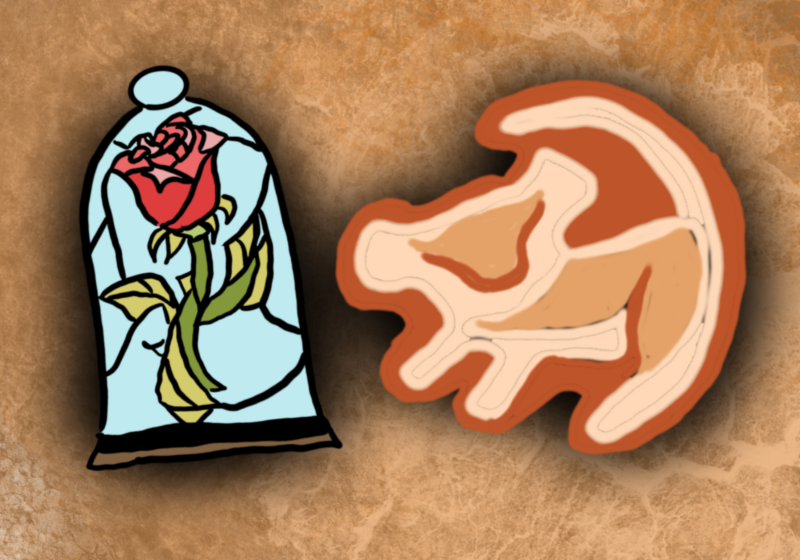 Governor Cuomo recently announced a plan to relax constraints on the use of medical marijuana, allowing up to 20 hospitals throughout the state including Strong Medical Center, to prescribe medical marijuana.
Governor Cuomo recently announced a plan to relax constraints on the use of medical marijuana, allowing up to 20 hospitals throughout the state including Strong Medical Center, to prescribe medical marijuana.
In order to pass the legislature, Cuomo has to utilize certain executive powers which has caused some consternation amongst those who dispute his stance on medical marijuana.
“I don’t know if there’s going to be any immediate effect,” Director of the Center for Ethics, Humanities, and Palliative Care at the University of Rochester Medical Center Dr. Timothy Quill said. “I don’t think I’m going to be recommending it much. I think if people with serious illness have problems with eating or certain pain or nausea problems, it’s one of the options but it’s not the first or second line option. For the right patient, it can be the right option.”
Medical marijuana has been legalized in 20 states , with Colorado and Washington legalizing its recreational use. Several critics of the medical marijuana program have cited the ease in which patients have been approved for medicinal marijuana as a flaw in the system.
“It may help with glaucoma, that’s a completely different realm. It mostly [helps with] diseases that affect appetite, “maybe [those affecting] the gastrointestinal system – other diseases might be on the list [as well],” Dr. Quill said. “In places where it has been legalized in this way, the list has gotten pretty long in terms of conditions it might be effective for so I’m not sure what the boundaries will be in New York State.”
Historically, Governor Cuomo has been strictly opposed to medical marijuana despite the drug having been decriminalized in amounts not exceeding 25 grams.
New York City has been an active battleground in Nixon’s War on Drugs, with nearly 450,000 arrests for marijuana possession between 2002 and 2012.
It is still unclear how this legislature will begin to take shape in New York state.
“We’re waiting to see what the legislation looks like. There are going to be 20 sites chosen throughout the state, so we’ve heard,” said Dr. Quill. “We will apply to be one of those 20 sites, and we’ll try to figure out a responsible way to make [marijuana] available as well as study it to make sure it works and helps people.”
While there are debates over how the new laws will affect the exposure of minors to marijuana and its availability for recreational use, members of the health care industry are focused on maximizing the benefits for the patients.
“We want to participate if it’s going to serve patients and families who are seriously ill. We want to learn from the experience and try to [change] the experience from being an underground experience to being a responsible one that we can oversee,” Dr. Quill said.
Smith is a member of the class of 2014.
food
Shrimp fried rice?
Shrimp fried rice: an age-old mystery. Is it fried rice containing shrimp? Or is it fried rice made by shrimp?…
data
Seniors — save your data before it’s too late
Graduation is looming, which means it’s time for seniors to start thinking about what to do with all the files…
entertainment
Live action remakes: If it ain’t broke, do it again but worse
For the most part, these movies are just rehashes — visually bland and feebly attempting to offset their lack of originality with celebrity cameos and nostalgia bait.





